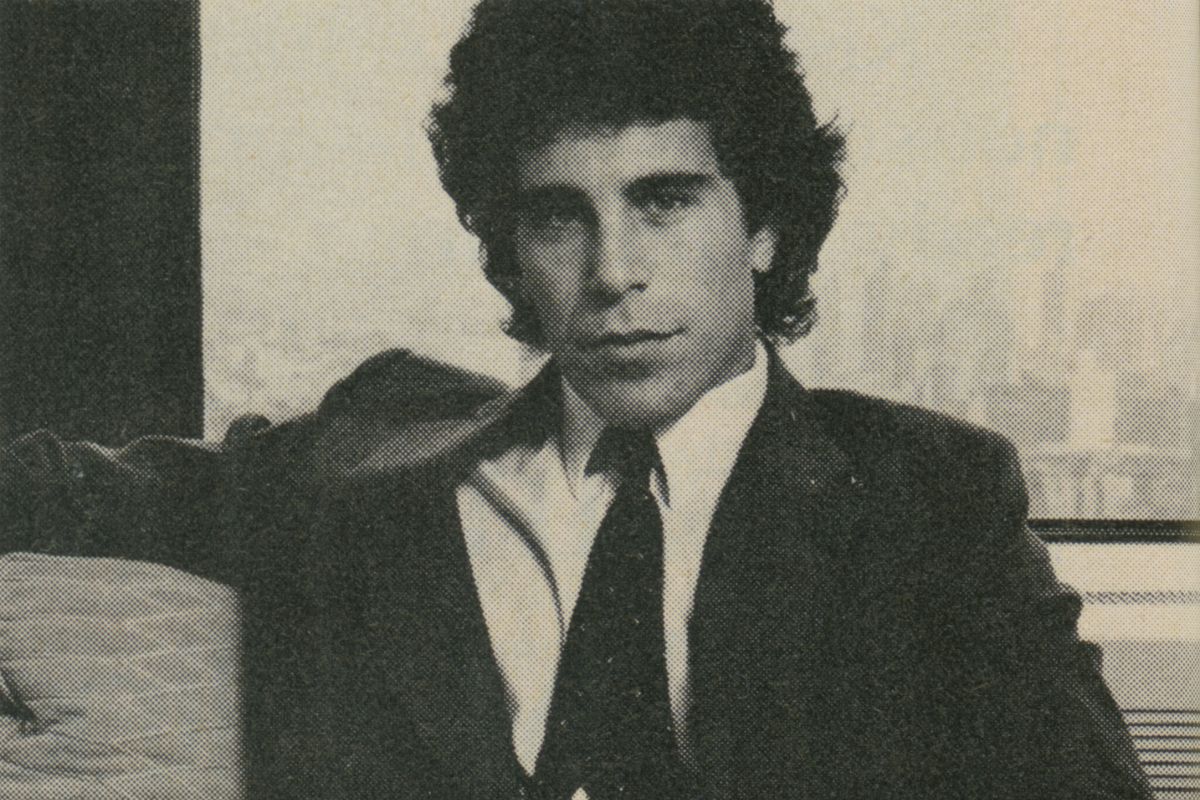With a resounding victory over its rival, Rafael Correa was elected president of the Republic of Ecuador in the elections on November 26. This represented a political earthquake.
According to the official data of the High Electoral Tribunat (TSE), Correa received 58% of the votes, against 41% received by his rival, and the country's wealthiest man, Álvaro Noboa. In some provinces the results were 3 to 1 in favour of Correa. In Azuay, 75% of the population voted for Correa. In Pichincha, the results were similar. Correa polled a majority of the votes in 19 out of the country's 22 provinces.
The figures given by the TSE confirmed the results of exit polls carried out by polling companies Cedatos-Gallup, Market and B&B, which were published by the major TV channels.
For its part, the Organisation of American States also ratified the victory of Rafael Correa. Despite all this, Alvaro Noboa has refused so far to recognise the victory of his opponent.
In the days prior to the election, Noboa confidently declared that he would win by a wide margin against the left candidate Rafael Correa. However, in his final speeches Noboa was begging the people to vote for him. So much so, in the closing rally of his campaign, in an histrionic gesture, he kneeled down, and with tears in his eyes, asked the Ecuadoreans to vote him in as president. The polls which initially favoured him in the second round, showed how his candidacy was progressively losing support, while Correa's was rapidly gaining grown – and explains the desperate behaviour of the banana magnate in the last days of the campaign.
The oligarchic and pro-imperialist project represented by Noboa has suffered a clear defeat.
"Neither the millions of dollars, nor the corrupt brown envelopes could buy the dignity of the people" said the emotional Rafael Correa in front of thousands of followers who gathered in the Shyris Avenue, in the capital city of Quito.
Constituent assembly
Correa reaffirmed his commitment to carry out a popular referendum in order to call a Constituent Assembly. He also said he would not sign the Free Trade Agreement with the US nor would he renew the agreement for the US military base of Manta. The president-elect declared the end of the "neo-liberal night". Correa thanked the youth for their support and appealed those present to build a country which was both proud and sovereign. Together with all those present, Correa, who was visibly moved, sang "Hasta siempre comandante", the song dedicated to Che Guevara.
The Ecuadorean people have obtained an important victory over those privileged groups who hold economic and political power. However this is just a first step.
The oligarchy will try to use Congress, an institution where right wing and populist forces have a majority, to try to boycott any action taken by the new government. The ruling class, clearly irritated by their electoral defeat, will use all means at their disposal to protect their interests.
In the same way US imperialism will attack the Correa if he does not blow the knee to imperialism. Washington does not like the Bolivarian stance of the newly-elected president of Ecuador, who has publicly expressed his friendship with Venezuelan president Hugo Chavez.
The masses must be ready to fight against any attempts of the counter-revolution.
Transformation
If Correa is prepared to carry out the revolutionary transformation of the Ecuadorean society, he will have to rely on the support of the masses. In this struggle, the masses will demand profound and radical change which the country needs. The workers, peasants, housewives, students and pensioners will support the new government as long as this fulfils its campaign pledges.
The masses will also have to fight against careerists, bureaucrats and reformists which will try to stop the revolutionary process in its tracks.
The victory of the progressive bloc led by Rafael Correa will play an important role in lifting the spirit of struggle of the masses. However, in the coming battles, it is necessary to get organised. The revolutionary organisations must develop a revolutionary programme that meets the demands of the hour. Central to this, it must make clear the urgent need to overthrow capitalism and carry through the socialist reconstruction of society. Within the limits of capitalism there can be no change to the desperate plight of the masses, in particular the misery and hunger that the population are forced to live in as a result of the exploitation of the Ecuadorean oligarchy.
As Che himself pointed out: "Socialist revolution or caricature of revolution". There is no middle way.






